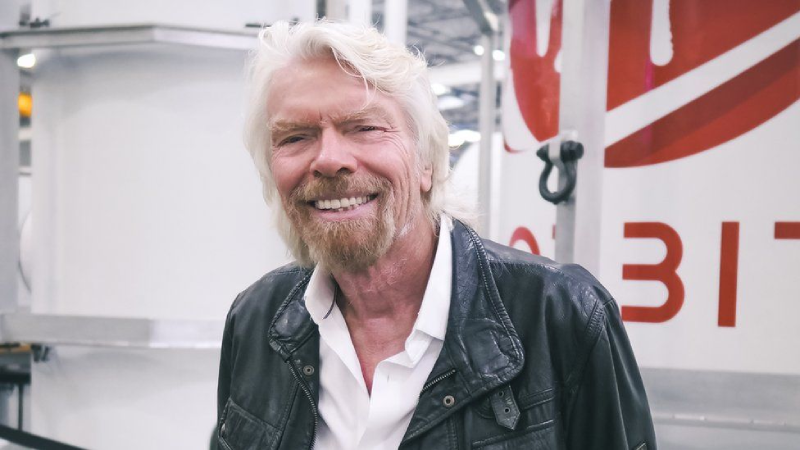Virgin Orbit, the satellite launch company spun out of Richard Branson’s Virgin Galactic, is ceasing operations “for the foreseeable future” after failing to secure a funding lifeline.
According to the company’s CEO Dan Hart, the lack of funding has forced the company to lay off all but 100 employees, which amounts to about 90% of its workforce. This decision is expected to have a significant impact on every team and department of the company. Private equity investors in early-stage and high-growth companies, particularly those in the space industry, should note the risks associated with such investments, given the high level of uncertainty and risk in the industry.
Hart had been giving the company’s employees brief daily updates since Monday, when Virgin Orbit delayed a scheduled all-hands meeting at the last minute. Late-stage deal talks had fallen through with a pair of investors over the weekend, but Hart told staff on Monday that “very dynamic” investment discussions were continuing. Those investor discussions continued this week, with Hart earlier saying leadership would share any updates “as quickly and transparently as we can.” However, the talks ultimately fell through, leading to the company’s decision to cease operations.
The failure to secure funding comes despite the company’s successful launch of six missions since 2020, with four successes and two failures. The company developed a system that uses a modified 747 jet to send satellites into space by dropping a rocket from under the aircraft’s wing mid-flight. However, the company’s last mission suffered a mid-flight failure, with an issue during the launch causing the rocket to not reach orbit and crash into the ocean.
The company was looking for new funds for several months, with majority owner Sir Richard Branson unwilling to fund the company further. Virgin Orbit counts Branson as its largest stakeholder, with 75% ownership. The Emirati sovereign wealth fund, Mubadala, holds the second-largest stake at 18%.
The failure to secure funding has resulted in Virgin Orbit laying off all but 100 employees, which amounts to about 90% of its workforce. The decision will have a significant impact on every team and department of the company, highlighting the risks associated with investing in early-stage and high-growth companies in the space industry. Private equity investors in such companies should consider the high level of uncertainty and risk in the industry, which can lead to significant losses if companies fail to secure funding.
The failure to secure funding has also led to the company’s shareholders unloading the stock, with shares selling off more than 40% to about 20 cents. The stock is down 82% this year.
The company previously hired bankruptcy firms to draw up contingency plans in the event it was unable to find a buyer or investor. Branson has first priority over Virgin Orbit’s assets, as the company raised $60 million in debt from the investment arm of Virgin Group.
On the same day that Hart told employees that Virgin Orbit was pausing operations, its board of directors approved a “golden parachute” severance plan for top executives, in case they are terminated “following a change in control” of the company.
Virgin Orbit’s decision to cease operations due to its inability to secure a funding lifeline highlights the risks associated with investing in early-stage and high-growth companies in the space industry. The company’s failure to secure funding has led to the layoff of all but 100 employees, which amounts to about 90% of its workforce.
The decision will have a significant impact on every team and department of the company, resulting in shareholders unloading the stock. Private equity investors should consider the high level of uncertainty and risk in the industry, which can lead to significant losses if companies fail to secure funding.
For private equity investors, this news highlights the risks associated with investing in early-stage and high-growth companies, particularly those in the space industry where there is a high level of uncertainty and risk.
While the potential for large returns exists, the failure of companies to secure funding can result in significant losses for investors. Private equity investors may need to consider their risk appetite when investing in companies that operate in the space industry or other high-risk industries.
